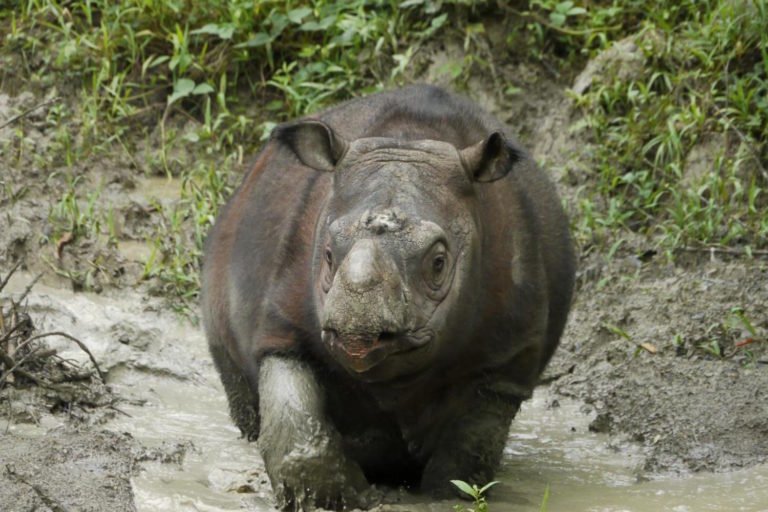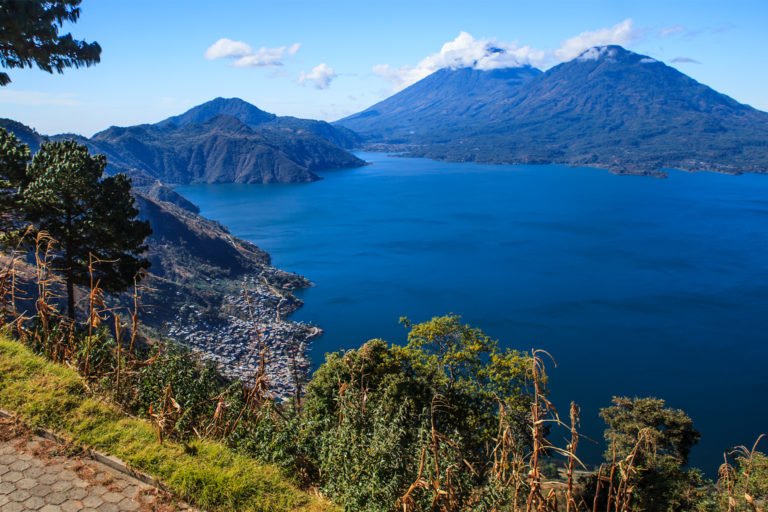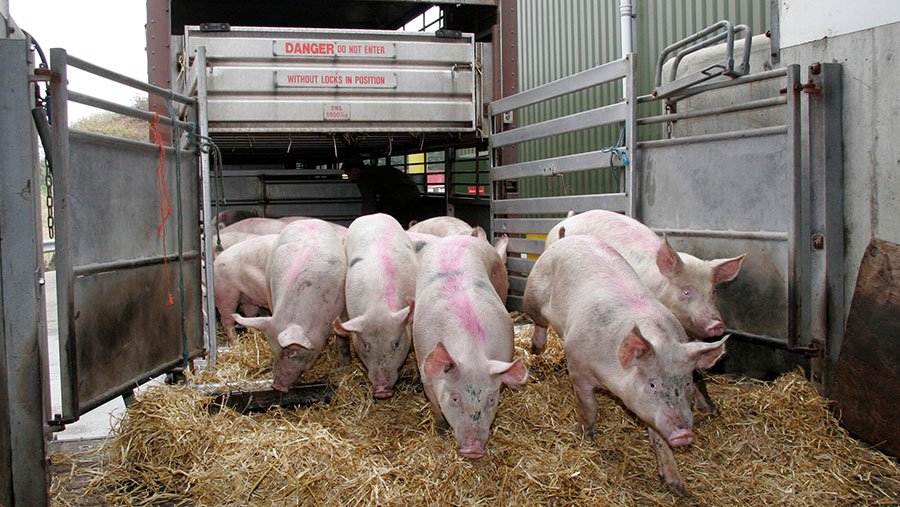GUATEMALA CITY, Guatemala – A controversial bill that would merge Guatemala’s protected areas council and lake watershed management agencies into the country’s environmental ministry has sparked sustained pushback from environmental organizations, while affected institutions have highlighted significant legal gaps in the proposed law.
The potential takeover of the National Council of Protected Areas (CONAP) by the Ministry of the Environment and Natural Resources (MARN) has been the main point of contention for nongovernmental groups. Dubbed the environmental ‘superministry’ bill by opponents, the proposed law would scrap the council structure, which includes civil society participation at the highest level, and it does not address the future status of the many communities and environmental groups that have cooperation and co-management agreements with CONAP.
The president of Congress and other ruling alliance legislators introduced the bill earlier this year, arguing that the various environmental agencies operating separately led to excessive bureaucracy and little action and that they should be centralized. The bill was given a green light by the Congressional Committee for the Environment in August and it was scheduled for an initial discussion on the floor in October but was withdrawn from the agenda at the outset of the session. The bill could be placed back on a session agenda without warning at any time.
“What worries us most is CONAP, which was established by law in 1989. Since then, CONAP has registered 350 protected areas in the country,” said Miriam Monterroso, president of ASOREMA, the National Association of Natural Resource and Environmental NGOs.
“While it is true that CONAP has many shortcomings, the main reason is that the governments in office since [its creation] have not assigned it a decent, adequate budget,” she told Mongabay.
Guatemala’s 350 protected areas cover more than 30% of the country. They are home to many of the more than 80 endangered species in the country, including the Guatemalan black howler monkey (Alouatta pigra), and to iconic threatened species such as the jaguar (Panthera onca) and Guatemala’s national bird, the resplendent quetzal (Pharomachrus mocinno).
Communities and nongovernmental groups at risk of limbo
More than 100 communities living within the boundaries of protected areas have cooperation agreements with CONAP, and those agreements provide land use rights as well as rights for government services such as education. Community forest concessions whose conservation work has been internationally acclaimed also fall under CONAP’s purview, and many protected areas are co-managed with environmental NGOs, municipal governments and other government agencies.
“I think the most important thing about this bill is that it would throw away at least 30 years of work between civil society and the government through CONAP,” said Javier Márquez, executive director of Defensores de la Naturaleza, an environmental foundation that co-manages two national parks, a biosphere reserve and a wildlife refuge.
“CONAP has real weaknesses, but it has also had very strong successes with the participation of civil society,” he told Mongabay.
As an institution, CONAP reports directly to the presidency, but the council itself is made up of five representatives from different state institutions, one from a conservation studies center at the national public university and one delegate representing environmental NGOs. Environmental groups would like to see more nongovernmental actors on the council, but the presence of two with voice and vote has still been important, said Márquez.
“They are the minority, but they are there,” he said. “Processes that come from a previous government administration are given appropriate follow-up because of the presence of civil society.”
CONAP has not taken a definitive official position for or against the bill, but it has raised numerous issues with the proposal. Mongabay obtained the 18-page analysis CONAP presented to the Congressional Committee for the Environment, which lays out its observations regarding the bill’s legal gaps and lack of clarity.
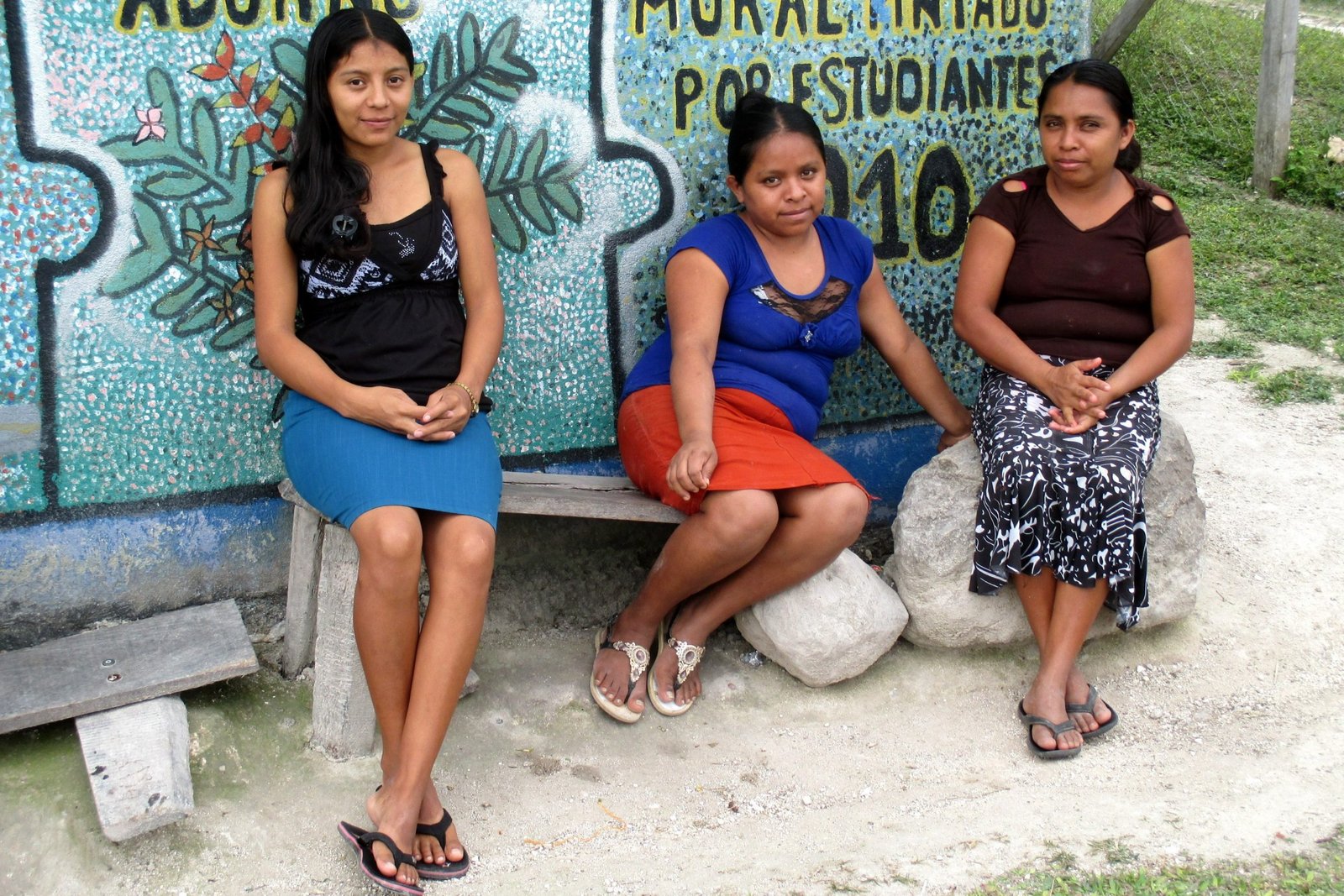
The bill would substitute CONAP for MARN in the Protected Areas Law while amending and eliminating various legal provisions. However, it makes no reference to other legislation that directly involves CONAP, including laws that establish individual protected areas, CONAP pointed out in its observations to the committee. The council also noted that the bill does not clarify what will happen with the 950 people working for CONAP, how anything will fit into MARN’s organizational structure or the implementation of some international agreements such as the Convention on International Trade in Endangered Species of Wild Fauna and Flora (CITES), for which CONAP is the administrating agency.
“Additionally, it does not take into consideration the implementation of the various regulations, norms, manuals and instruments that orient the management of the country’s protected areas and biological diversity,” all of which have been approved by CONAP in line with its legal powers, the institution noted in its analysis.
The bill would also dissolve the state land reserves management office, OCRET, which deals with landholdings and industrial activity in coastal, lakeshore and riverbank areas. The watershed management authorities for Lake Amatitlán and Lake Atitlán, which report directly to the vice presidency, would be merged into the environmental ministry. The authorities for Lake Petén Itzá and Lake Izabal are already part of MARN but would lose their distinct status as special authorities.
The four lakes are among the seven largest in Guatemala and they provide water and livelihoods for fishers, farmers and communities. In some cases, human activity also takes a heavy toll. More than 2 million people live in the Lake Amatitlán watershed alone. By far the largest in the country at nearly 590 square kilometers (227 square miles), Lake Izabal is home to manatees (Trichechus manatus Linnaeus) and also nearby oil palm and mining conflicts with local Indigenous Maya Q’eqchi’ communities.
“There is an advisory council and we participate in it in the case of Lake Izabal,” said Márquez. “That is the space where all the technical studies about intended plans are presented, and we know that if that [space] did not exist there would not even be a technical study of why projects affecting the lake should or should not be approved.”
Lake watershed agency opposes bill
Mongabay reached out to all four lake watershed management agencies to request their position on the bill. Two did not respond and one declined to comment. The Authority for the Sustainable Management of the Lake Atitlán Basin and its Surroundings (AMSCLAE), however, provided Mongabay with the analysis it presented to the Congressional Committee for the Environment earlier this year, urging the committee not to give the bill a green light.
“The concentration of power and administrative, technical and financial duties for the control of resources under a single ministry limits citizen participation and technical and scientific accompaniment to the detriment of social monitoring and transparency in the management of resources,” the authority wrote in its analysis.
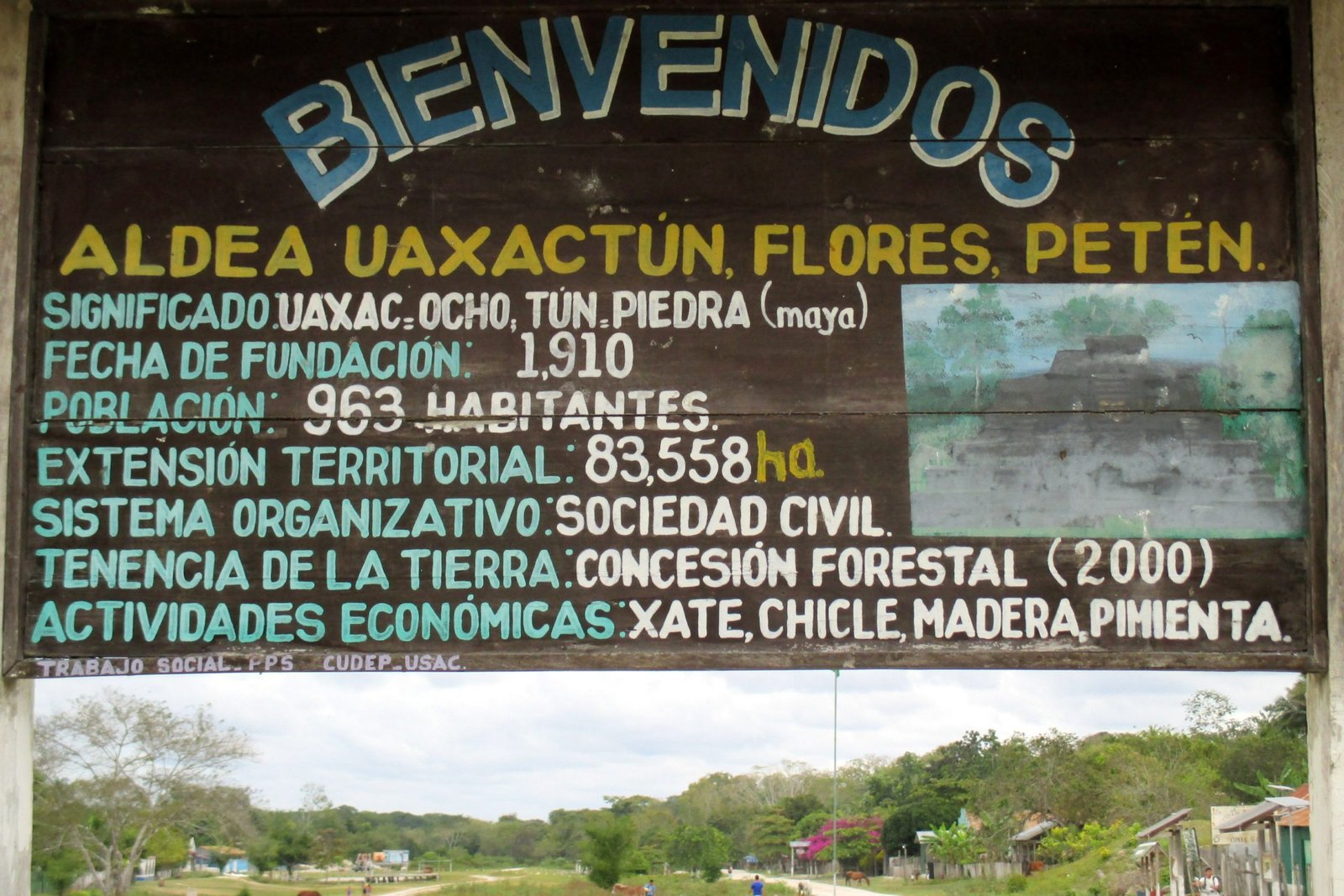
Lake Atitlán is one of the country’s top tourism destinations, but the villages around the lake and farther up in the watershed are predominantly Indigenous Maya communities. Centralizing all of the environmental institutions in MARN runs the risk of decisions being made without taking into account local context or cultural relevance, AMSCLAE noted.
The Congressional Committee for the Environment initially voted against the bill in April. After negotiations and the removal of the National Forest Institute from the list of institutions to disappear, the committee voted in favor of the bill in August. Only one committee member voted . On the floor, where it needs three rounds of discussion before a vote, there is opposition across several of the 19 political parties represented in Congress.
“This bill was met with extensive repudiation because it really would destroy institutions that protect environmental issues in Guatemala, and obviously there have been diverse organizations opposed to that,” said Samuel Pérez, a congressman for Semilla, one of the opposition parties that has been clearly opposed to the bill.
“It is a bit more complicated right now, because the election campaign is about to start,” Pérez told Mongabay, explaining that for campaign purposes some parties and legislators are beginning to distinguish themselves from the ruling party they have until very recently been supporting. “My intuition is that they will not put it [on the agenda] again, but it is necessary to expect the worst.”
Monterroso is not counting on congressional representatives linked to the ruling alliance to hold off. The campaign ahead of general elections in May makes the potential concentration of the various institutions’ budgets under MARN an even greater concern, increasing the risk of corruption, she said.
“I do not trust the politicians. They took it off [the agenda] now because it is very controversial, but if we are not careful they can bring it back with a motion and pass it,” said Monterroso. “We need to be very vigilant.”
Banner image: Lake Atitlan is a vital part of the local economy and the Indigenous residents also depend on it for water. Image by Murray Foubister via Wikimedia Commons (CC BY-SA 2.0).


